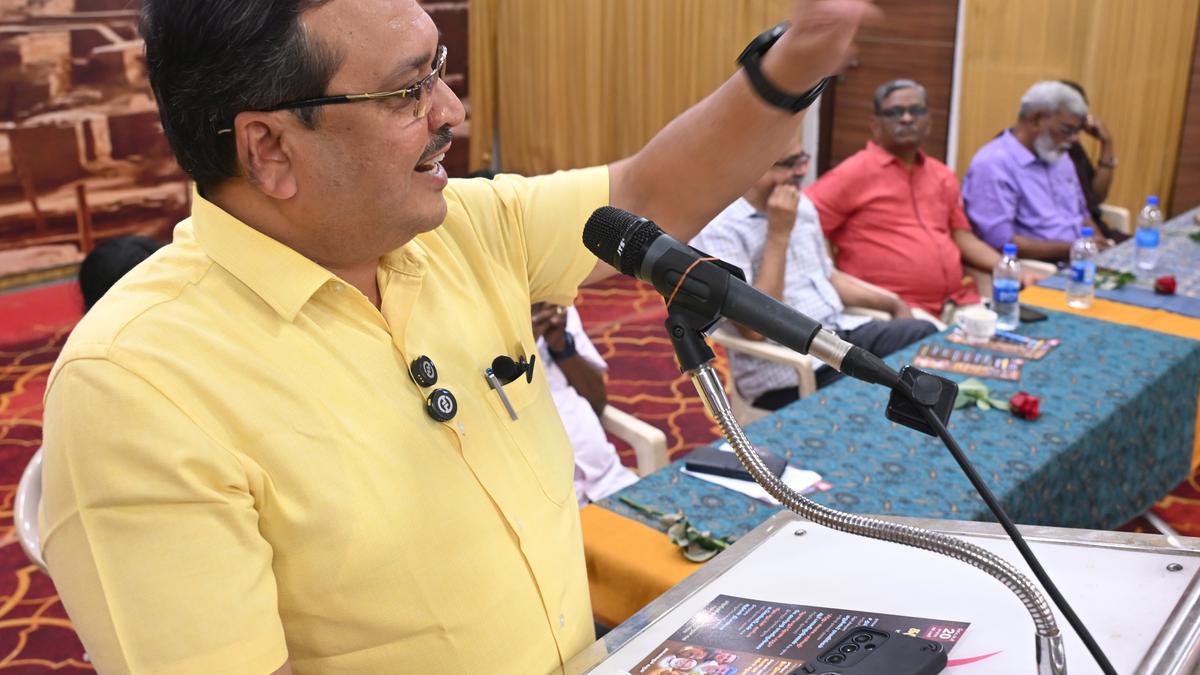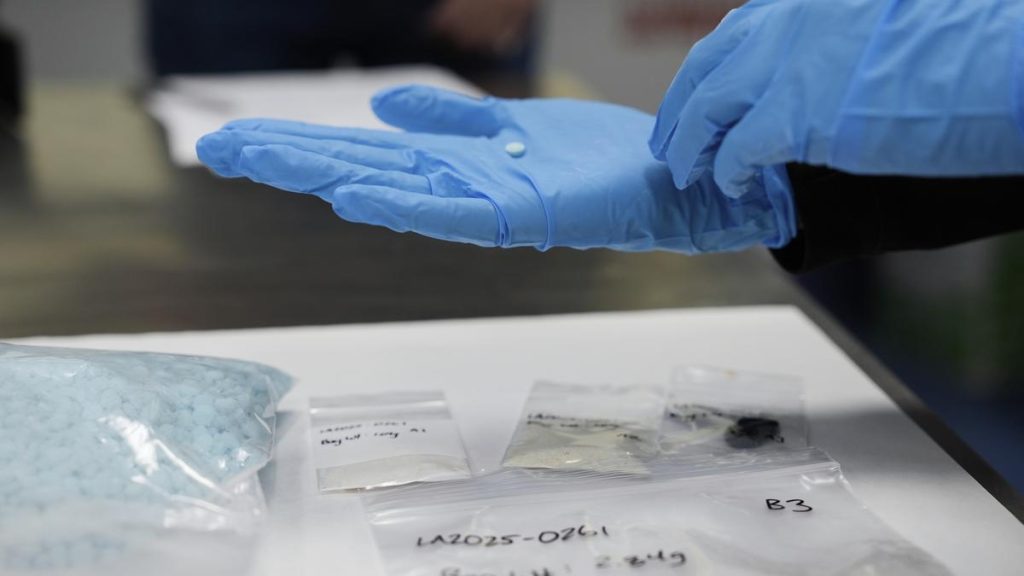Now Reading: Fiction Misused as History to Distort Reality: Amarnath Ramakrishna
-
01
Fiction Misused as History to Distort Reality: Amarnath Ramakrishna
Fiction Misused as History to Distort Reality: Amarnath Ramakrishna

Speedy Summary:
- Event: K. Amarnath Ramakrishna, director of the national Mission on Monuments and Antiquities, addressed a conference in Madurai organized by the Tamil Nadu Progressive Writers’ Artists’ Association, marking 100 years sence the discovery of the Indus Valley Civilisation.
- Key Point: Ramakrishna emphasized historical accuracy based on evidence over fictional narratives and literature connections such as associating Keeladi findings with texts like Mahabharata or Sangam literature’s references to gods.
- Report Status: The full report on Keeladi has yet to be released; other excavation studies in Tamil Nadu (e.g., Adichanallur and Kancheepuram) reportedly suffer from incomplete publication or withheld findings.
- Historical Evidence: Ramakrishna argued that excavations provide material proof valuable for archaeological studies compared to inscriptions frequently enough focused on property details. He noted no pre-Ashoka northern Indian inscriptions exist in developed forms.
- Observation: According to Ramakrishna, efforts to distort history through fictional connections lack enduring relevance due to factual counter-evidence provided by archaeology.
Indian Opinion Analysis:
The remarks delivered at this conference underscore a broader challenge faced by historians and archaeologists: ensuring that evidence-based history prevails over narrative-driven interpretations intertwined with cultural or religious ideologies. The delayed release of excavation reports highlights a need for greater transparency in academic research focusing on regional heritage like that of Tamil Nadu.
Keeladi discoveries have stirred important interest both academically and politically due to their potential implications for understanding early Tamil civilization and its contributions separate from North India-centric perspectives often prioritized in mainstream historical discourse. While debates remain ongoing, archaeology continues offering hard data critical for constructing an inclusive account of India’s diverse civilizational past-emphasizing local histories alongside national narratives.
Read More: The Hindu























